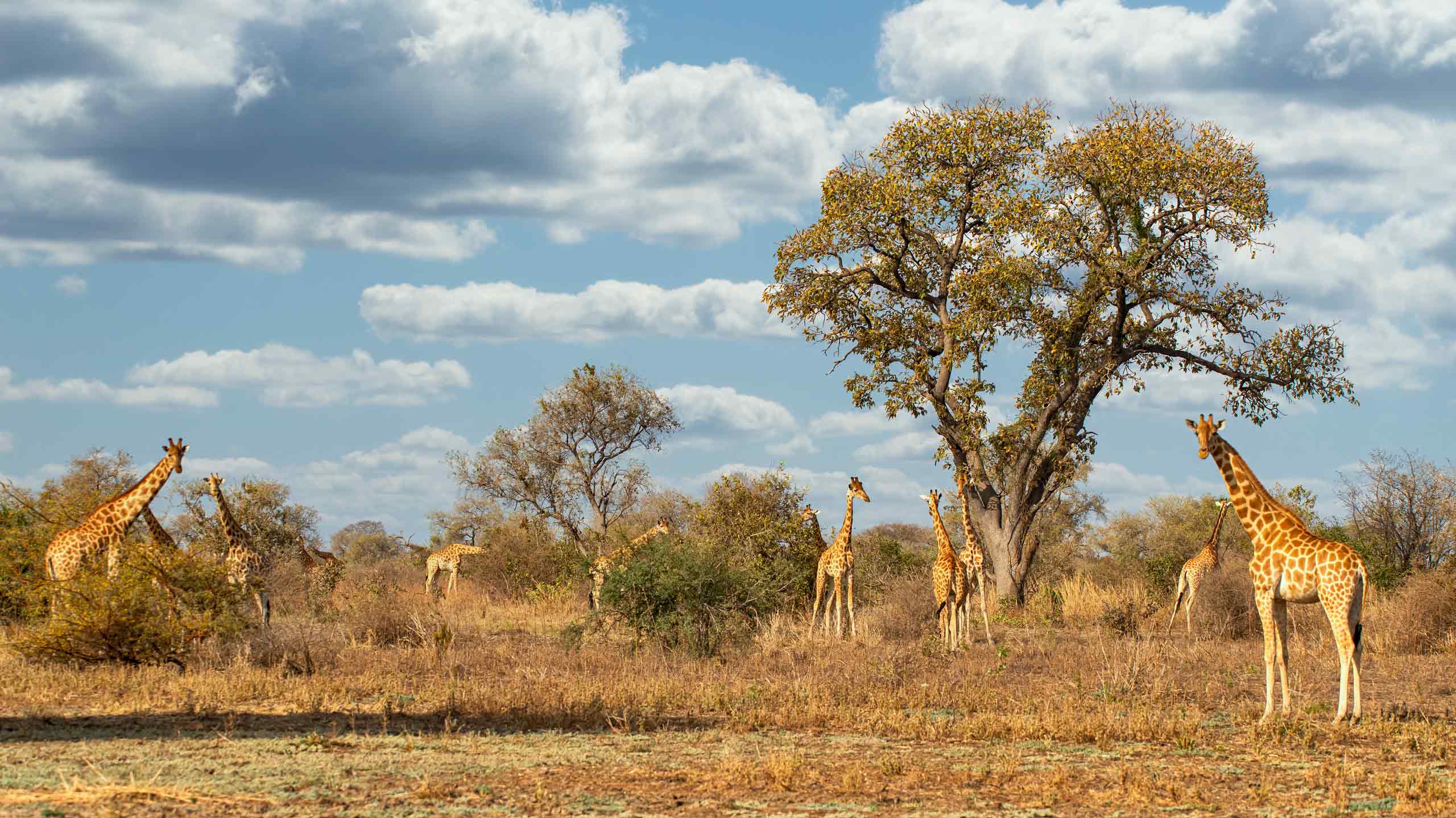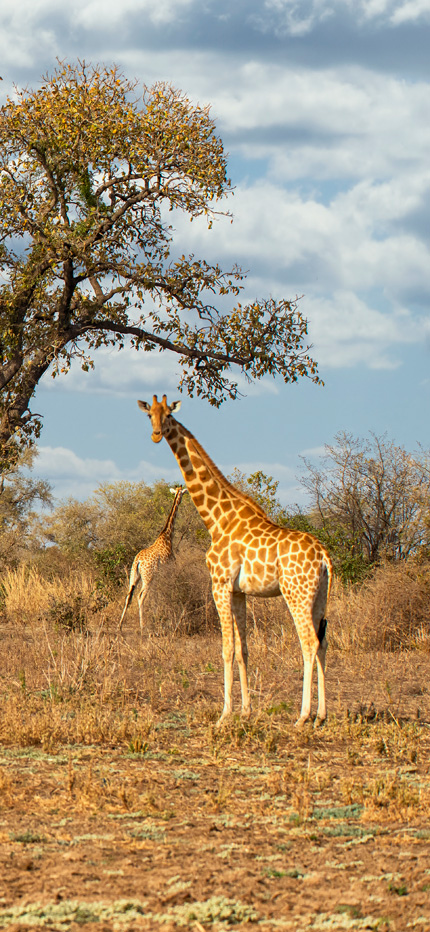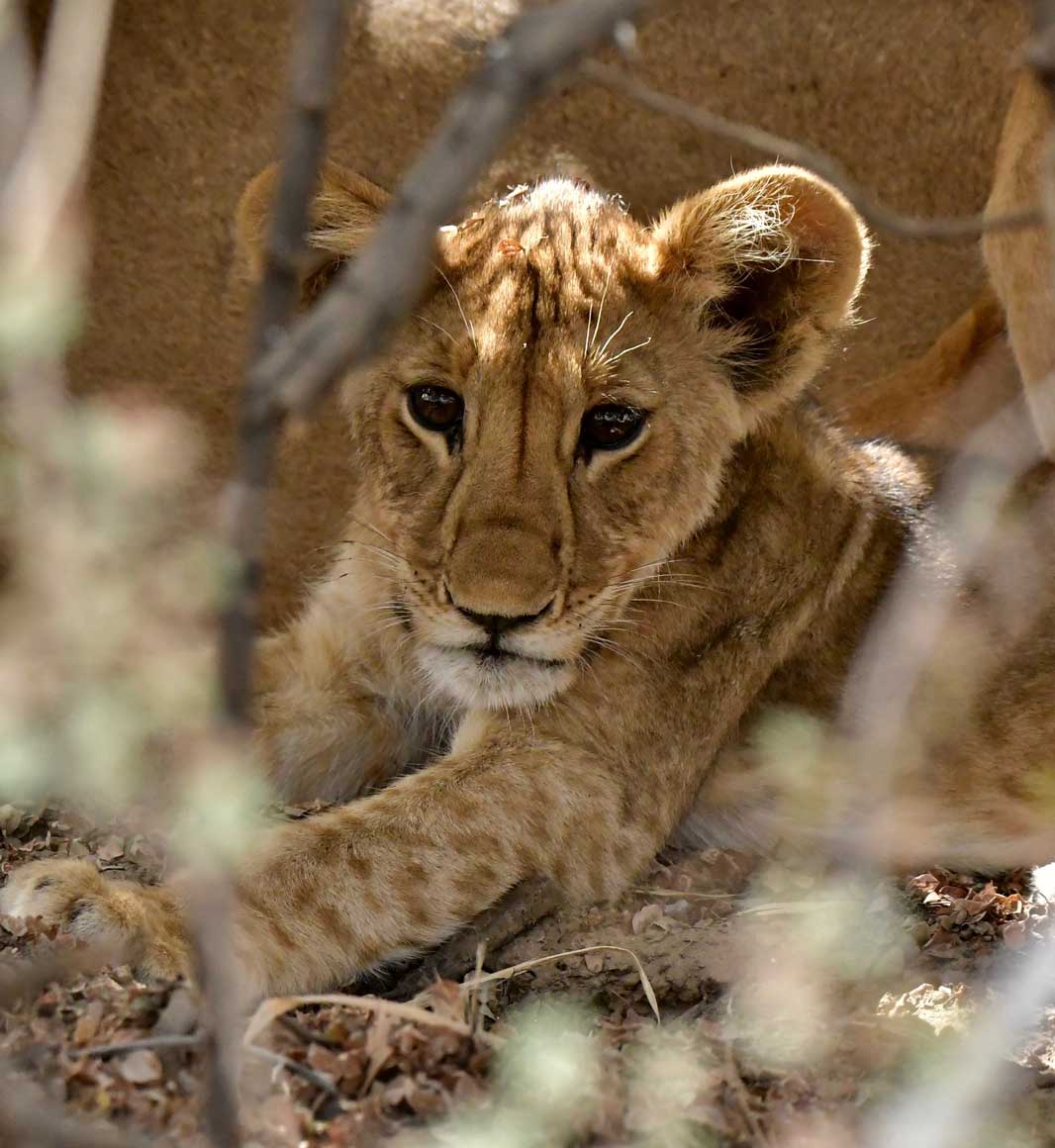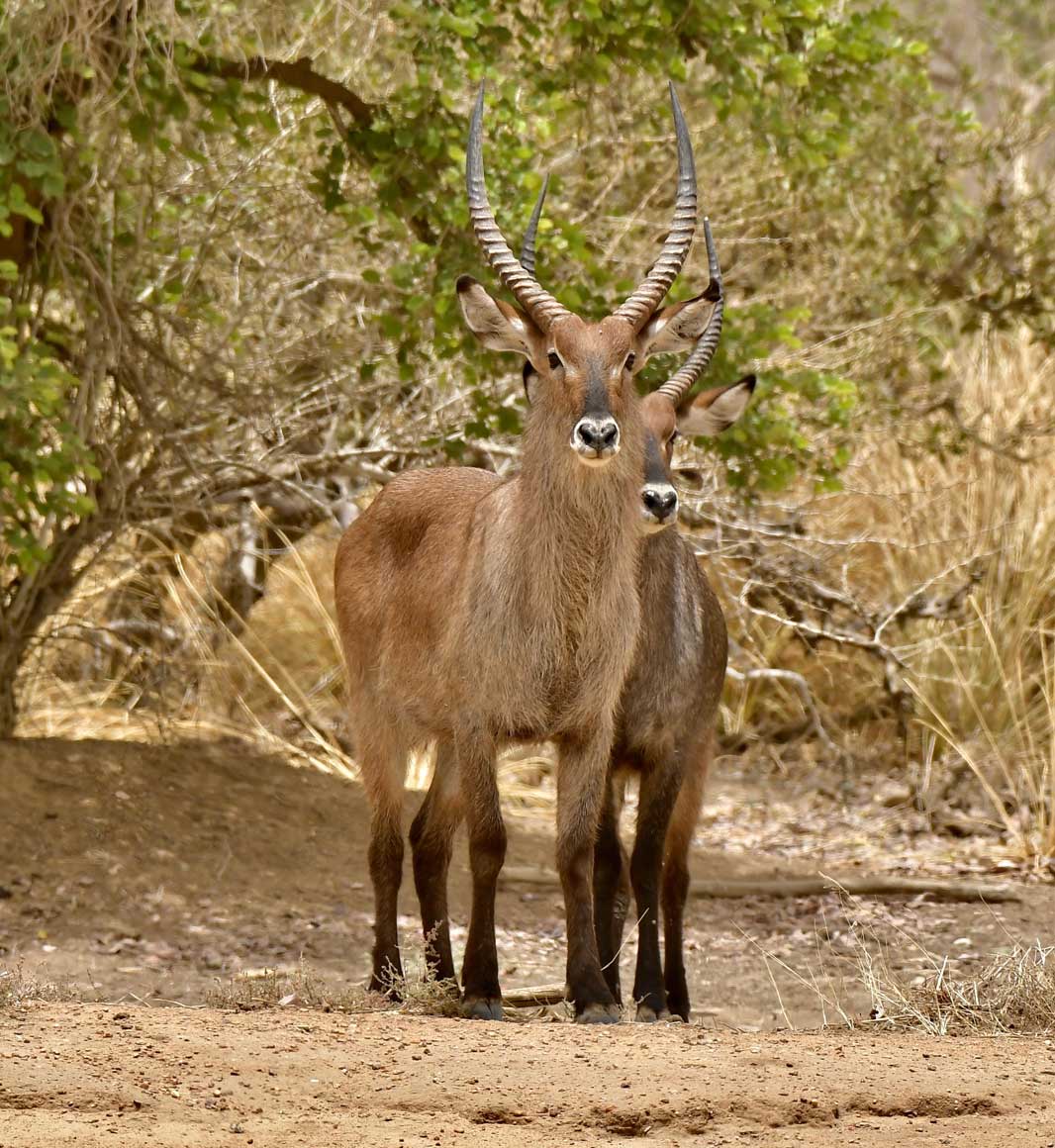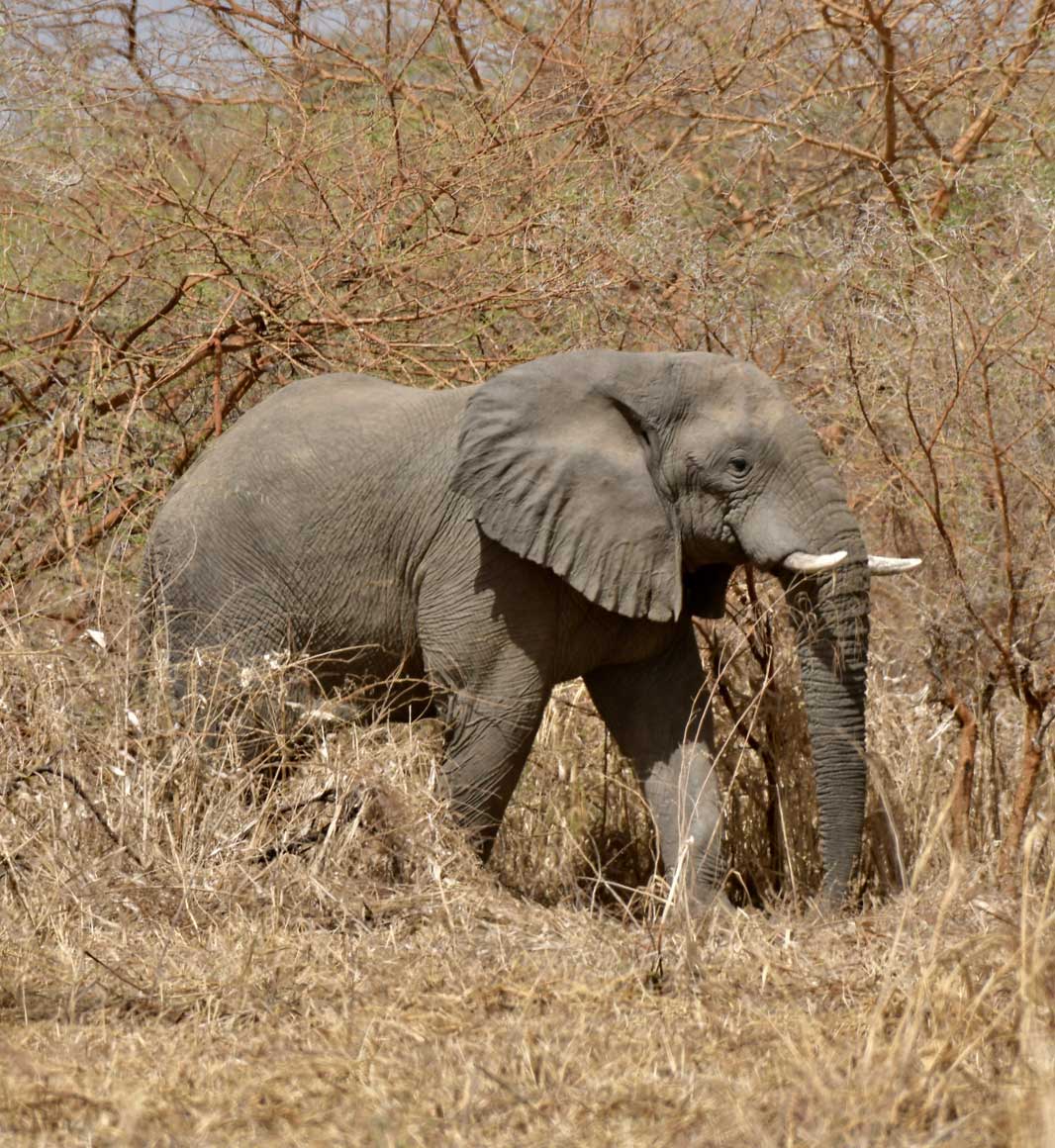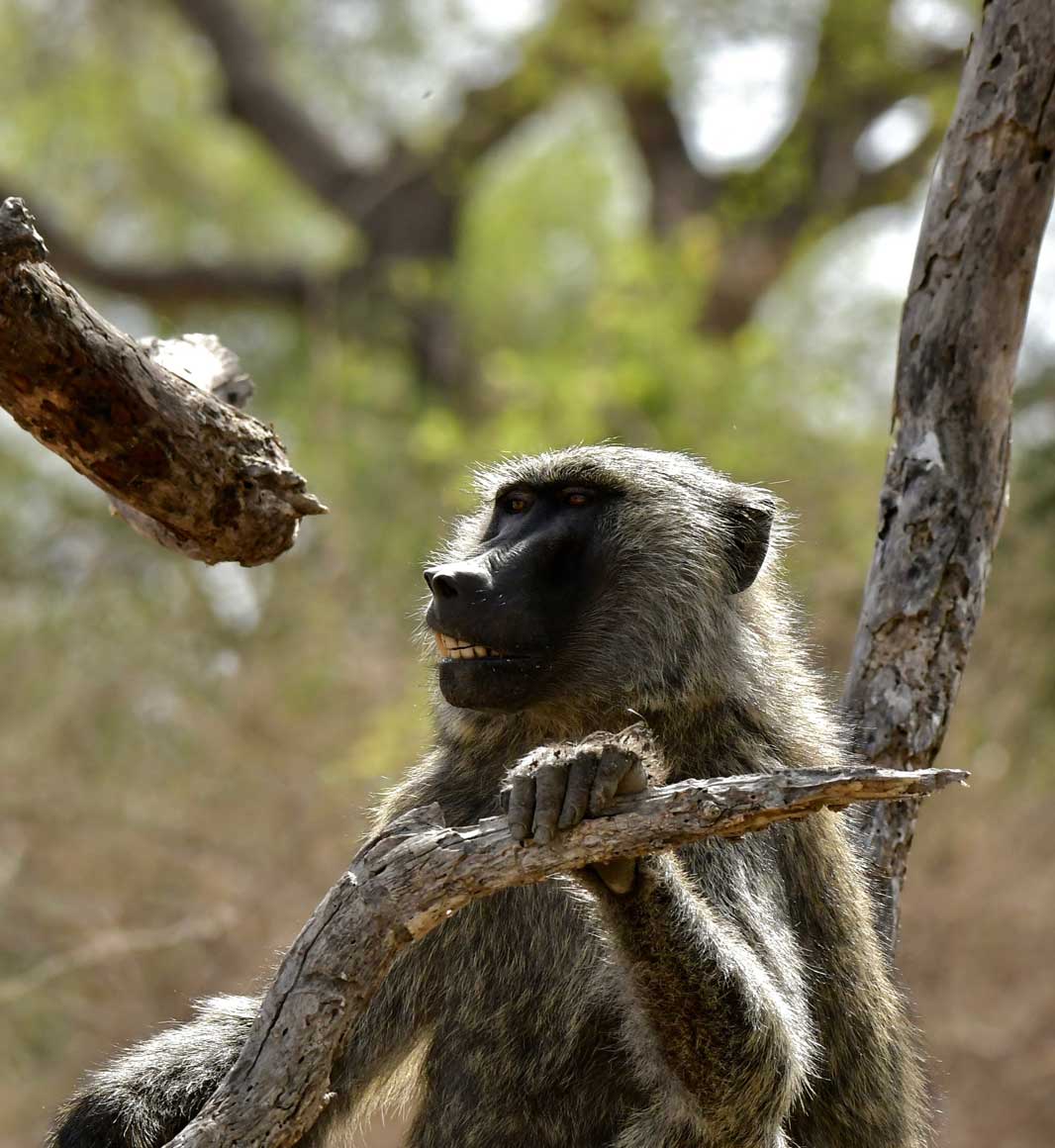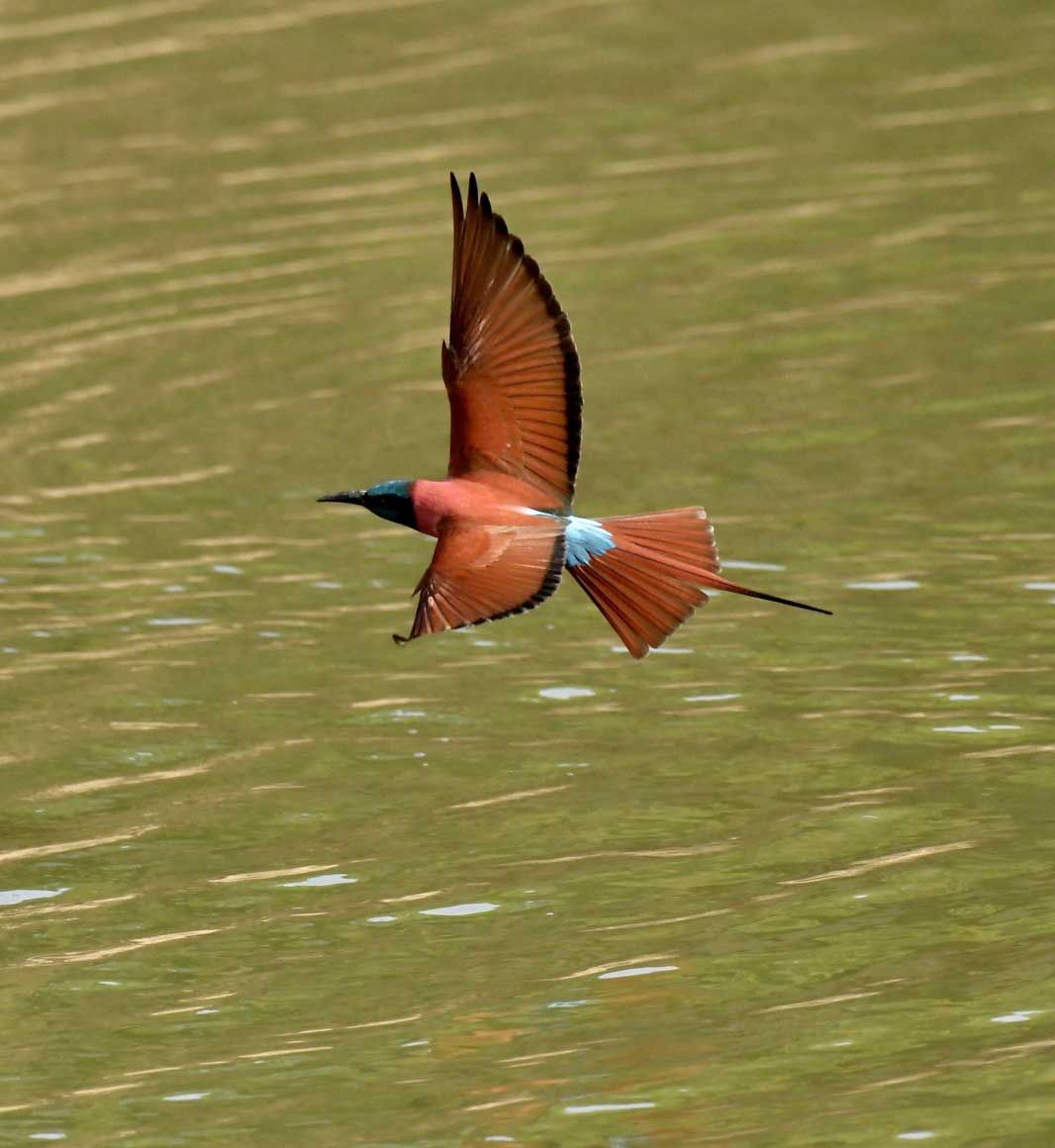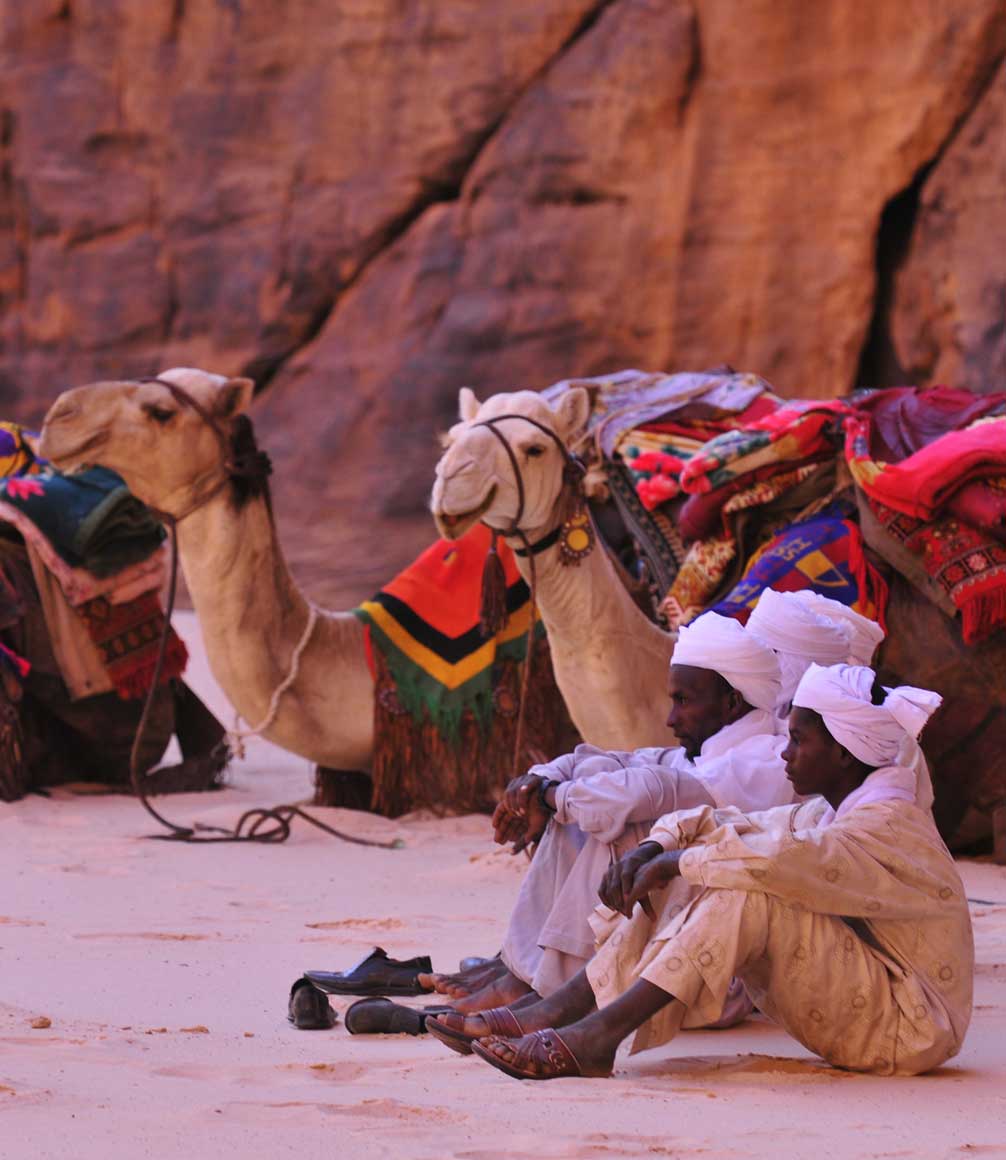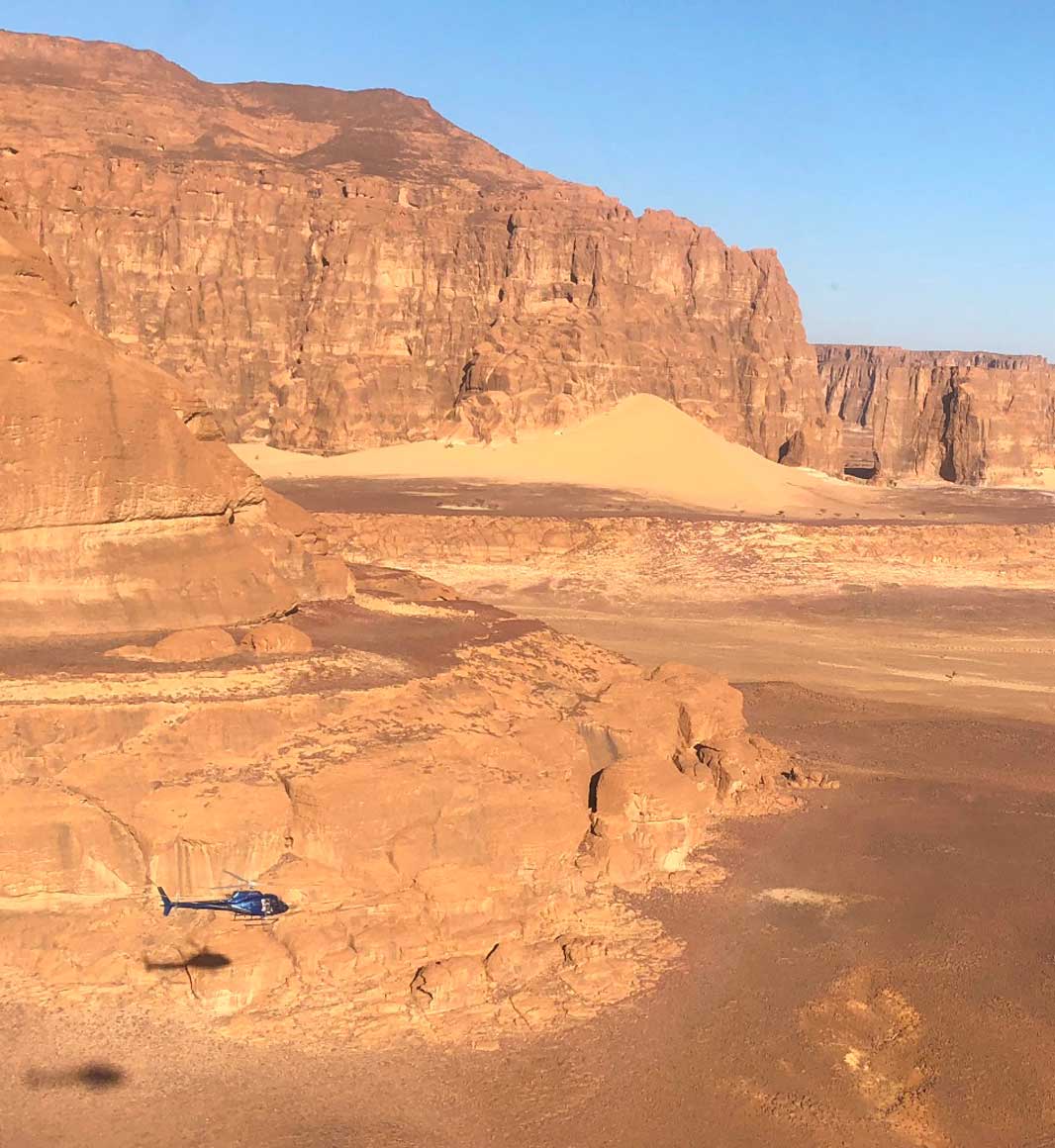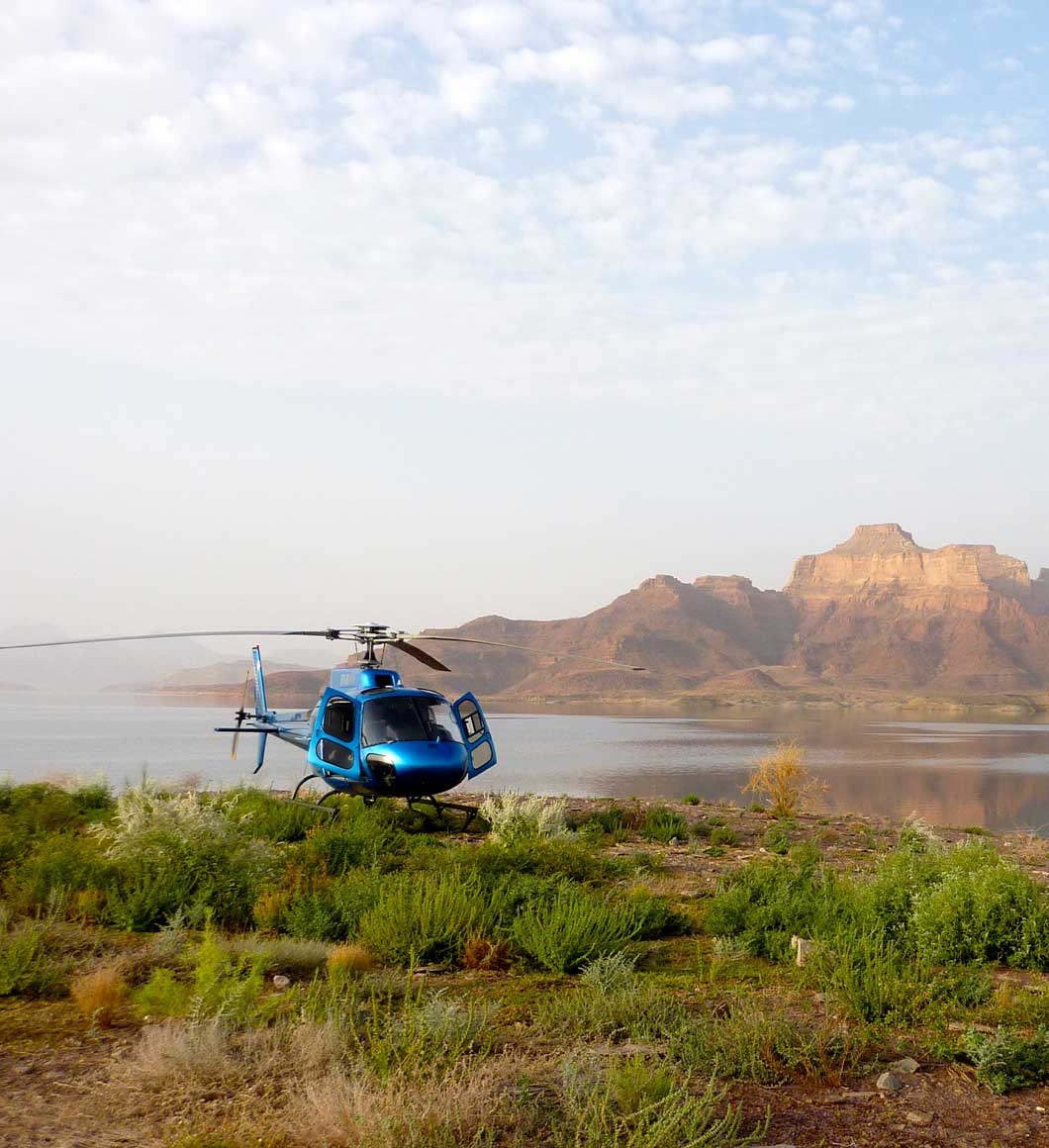If you’re seeking a rare safari experience in a pristine, untouched destination then the unique magic of Zakouma will undoubtedly appeal to you. Zakouma National Park is a vital reserve and the last intact Central African savannah ecosystem located in Chad. This is the extraordinary setting where you will experience our epic safari adventure, reminiscent of Africa 100 years ago. Guided by the finest wildlife experts, you will enjoy a trip full of tailor-made experiences curated entirely to your wishes in this relatively undiscovered country.
"If you’re a regular safari-goer, then you’ll encounter species of giraffe and antelope that aren’t found anywhere else in southern or eastern Africa."
Incorporating the neighbouring Siniaka-Moinia Wildlife Reserve and Bahr Salamat Faunal Reserve, African Parks now manages the entire Greater Zakouma Ecosystem covering 28,162 km². The park is made up of expansive plains crisscrossed with watercourses that support a wonderful array of wildlife. It’s also one of the African Parks’ greatest success stories – since 2010 this NGO has provided a haven for wildlife to thrive once again after eradicating the poaching epidemic in 2009. It’s a joy to see the elephant herds across Chad gradually increasing in size (now over 500), or witness thundering herds of buffalo up to a thousand strong.
Whilst at your exclusive camp or out on safari, you will find a healthy resident pride of lion, good numbers of the Kordofan giraffe, black rhino, Defassa’s waterbuck and the fairly rare roan antelope. If you’re a regular safari-goer, then you’ll encounter species of giraffe and antelope that aren’t found anywhere else in southern or eastern Africa. You’ll also notice the vast blue skies are filled with a wide variety of birdlife. Over 373 species have been recorded here in great numbers – including the millions of red-billed quelea that offer a real spectacle when they take to the skies.
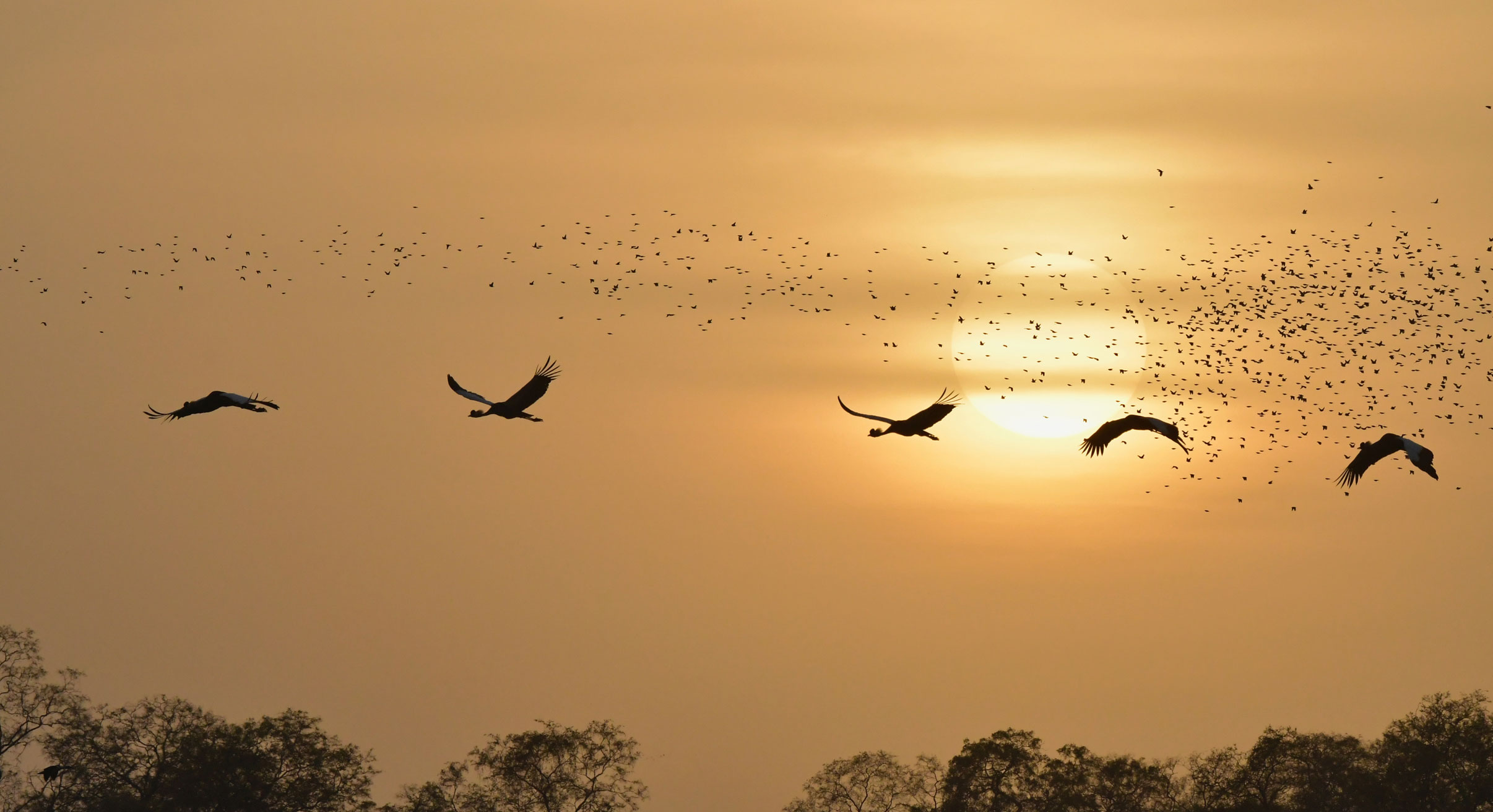
(Photos: ©Maureen Kirk)
Each day you will head out on game drives, marvelling at the different wildlife emerging from the bush or across the skies as nature unfolds around you. After exploring the bush, relax in the peaceful surroundings of Camp Nomade. This seasonal mobile camp is designed in a comfortable bohemian style, comprised of light gauze tents from which you can observe nature’s show-stopping displays. The camp can be moved around the park to facilitate the best possible sightings of wildlife.
During your time here it’s also well worth visiting the remote local villages that rarely see tourists for an authentic insight into the culture in this part of Central Africa. Take in the vibrant scene as you watch traders arriving by camels with their Bedouin camps in tow at the colourful cattle markets, and browse the array of intricate handmade jewellery on display.
Zakouma is a true conservation success story. Witnessing the flourishing wildlife and friendly locals in this remote region is an enriching and uplifting experience.
Ready to take the road less travelled?
